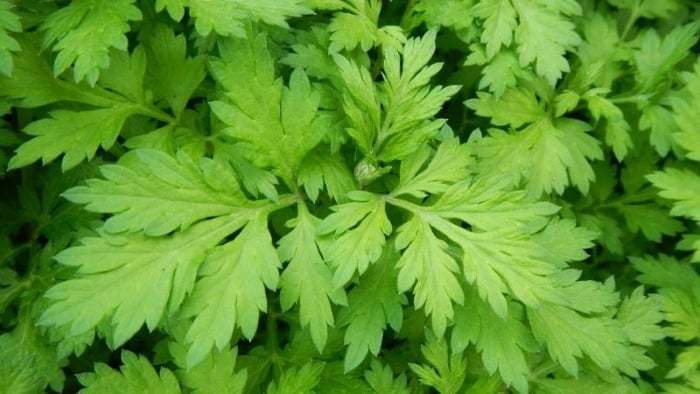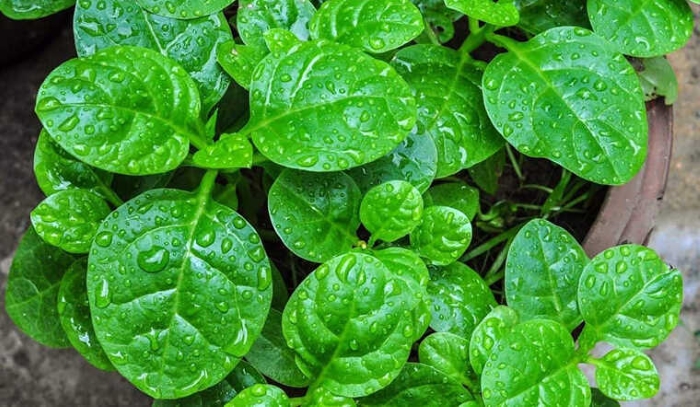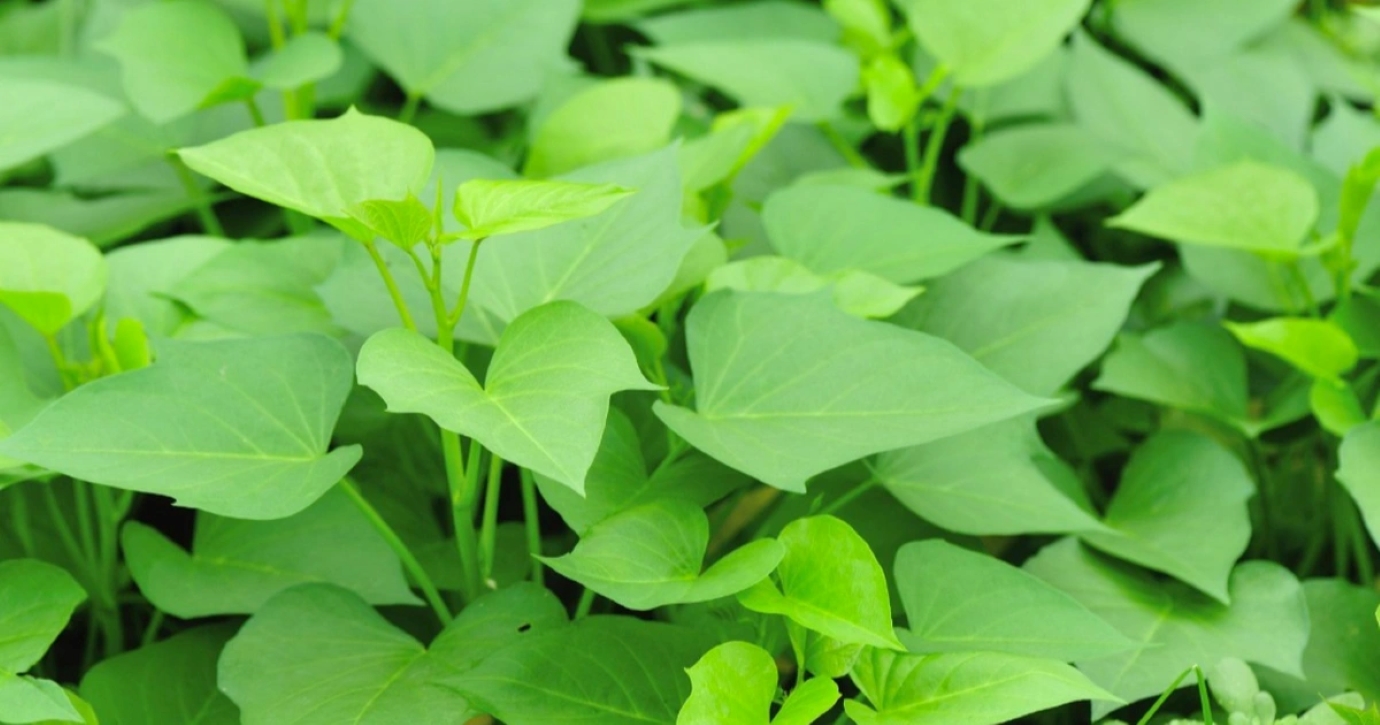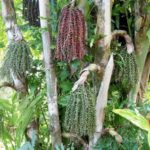1. Mugwort
Mugwort is a common herb found in many regions of northern Vietnam. It is often used as a culinary ingredient and also appears in traditional medicine. Mugwort is also known as artemisia vulgaris or common mugwort.
Mugwort leaves contain a significant amount of essential oils, primarily consisting of monoterpenes, tetradecatrilin, dehydromatricaria ester, tricosanol, rachel alcohol, and other compounds.

Mugwort is widely used in herbal remedies for common ailments.
In traditional medicine, mugwort is extensively used to treat various common ailments. It is particularly effective in stopping bleeding, regulating menstruation, alleviating headaches, combating diarrhea, and relieving bloating. Mugwort is commonly consumed as a vegetable in many households and is appreciated for its slightly bitter and aromatic flavor.
Mugwort has been incorporated into medicinal treatments for centuries, and it contains glycosides that aid in liver and gallbladder detoxification, addressing jaundice caused by liver dysfunction and certain gallbladder disorders.
Mugwort also benefits the digestive system by increasing stomach acid levels, reducing gas and heartburn, and eliminating parasites and worms.
Note: Individuals with hepatitis, pregnant women, and nursing mothers should avoid consuming mugwort to prevent adverse health effects.
2. Malabar Spinach
Malabar spinach is a widely available and affordable leafy green that offers numerous health benefits. Traditionally, it has been used in herbal remedies for its cooling, detoxifying, and heat-reducing properties, effectively combating acne and skin rashes.
Malabar spinach contains ample dietary fiber (approximately 2.1g per 100g according to USDA) and pectin, which aid in liver detoxification, thereby enhancing liver function.

Incorporating Malabar spinach into your diet helps reduce indigestion, bloating, and constipation.
The pectin and fiber in Malabar spinach also stimulate bowel movements, alleviating indigestion, bloating, and constipation. Since Malabar spinach is low in calories, it is suitable for individuals struggling with obesity or weight gain.
Additionally, Malabar spinach is rich in vitamin A, which is beneficial for eyesight, and antioxidants that neutralize harmful free radicals in the body.
You can incorporate Malabar spinach into your meals as it effectively combats heat, promotes detoxification, and alleviates constipation. Simply wash and crush a small amount of the leaves, extract the juice, dilute it with some water, and consume it. Alternatively, you can include Malabar spinach in soups for your daily meals.
3. Sweet Potato Greens
Sweet potato greens (also known as sweet potato tops or sweet potato leaves) are the stems and leaves of the sweet potato plant, which is primarily cultivated for its tubers. These greens can be incorporated into various culinary preparations, including boiling, soups, and stir-frying, providing both flavor and nutritional value.

Sweet potato greens enhance vision, promote bile flow, alleviate jaundice, and aid digestion.
According to traditional Chinese medicine, sweet potato greens are a non-toxic herb with a neutral nature. They contribute to overall health, improve eyesight, stimulate bile flow, treat jaundice, and support digestion.
Modern medicine has established that sweet potato greens are abundant in vitamins B6, C, and riboflavin. Every 100g of sweet potato greens contains notable nutrients such as 22kcal of energy, 91.8g of water, 2.6g of protein, 2.8g of starch, 11mg of vitamin C, and 900mg of vitamin BB. They also provide minerals like 48mg of calcium, 54mg of phosphorus, and 2.7mg of iron.
In essence, sweet potato greens offer a wholesome complement to a balanced diet, contributing to overall well-being. Their distinct savory and aromatic flavor stimulates the palate, enhancing the culinary experience. Consuming sweet potato greens promotes healthy skin, combats oxidative stress, boosts immunity, improves eyesight, and manages blood sugar levels.



































